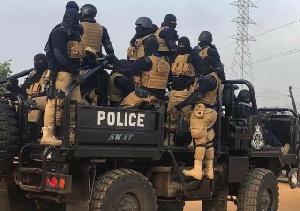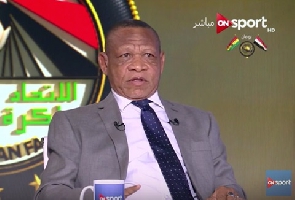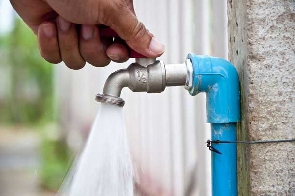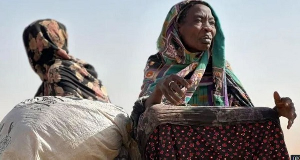Civil Society Organisations, including Stranek-Africa, Care Ghana, Coalition of CSOs are warning against vigilantism and any other acts that may mar the December 7 polls.
Ahead of the presidential and parliamentary elections in Ghana, the civil society groups are concerned that a number of issues, including vigilantism need to be addressed for peace to prevail before, during, and after the elections.
In a joint press conference, the CSOs expressed worry about what they described as, an alleged intention by the government to shut down the internet and interfere with the frequencies of some media houses on election day. This, according to Stranek-Africa is an oppressive move by the government for which reason they have petitioned the international community.
“We believe that petitioning the international community will go a long way to concretize the actions the international community is doing to stop the Government of Ghana from being oppressive and authoritarian in these last days.”
Care Ghana finds it strange that the Electoral Commission of Ghana has announced it will declare the results of the elections under 24 hours. According to the CSO, the EC failed to give details as to how they’re going to achieve that ambitious move. They insist that’s a worrying development that needs to be addressed to boost public confidence.
“…the EC announced that it will declare the election results in 24hours but failed to tell Ghanaians how it intends to collate, tabulate and declare total results from the over 33,000 polling centers, 275 constituencies, and 16 regions involving over 17 million eligible voters within the 24hours. These discrepancies is only capable of derailing our efforts and deducting from the gains Ghana has made so far.”
Care Ghana is also alleging the Electoral Commission has directed for the prevention of foreigners from voting, a move the CSO describes as a scheme to intimidate and prevent eligible registered voters in some parts of the country from voting.
“The EC must know that it is not the responsibility of the Ghana police service to determine who a Ghanaian is or not. Therefore, the directive to the Ghana police to prevent non-Ghanaians from voting is unlawful and therefore should be disregarded.”
On their part, the Africa Centre for Women in Politics (ACWP), is impressed that this year’s election has women representations in the echelons of power and are encouraging all, especially women to vote for a change in women narrative.
“This year’s election presents us with something special which will change the political dispensation we have experienced as a country with a woman nominated and when elected presents us with a woman occupying the second largest political office of this country. Come 7th December 2020 presents us the opportunity to uphold the image of Ghana as a beacon of democracy in Africa in holding 7 successive elections since 1992 with this election not being different.”
General News of Sunday, 6 December 2020
Source: 3news.com













